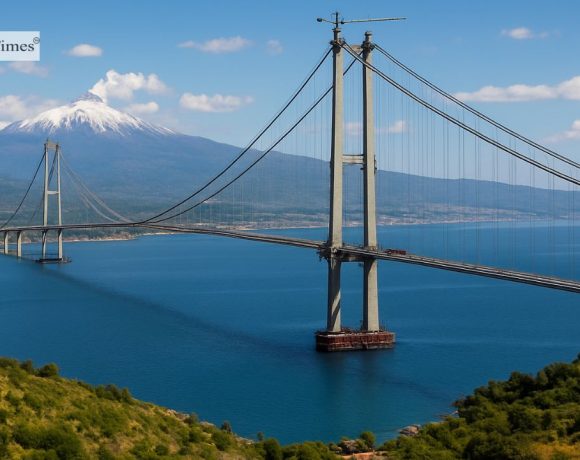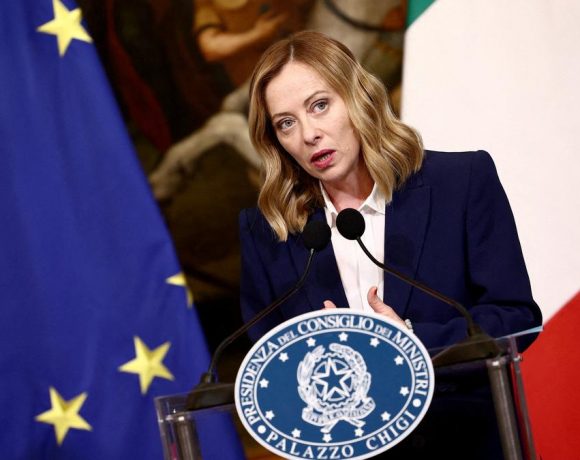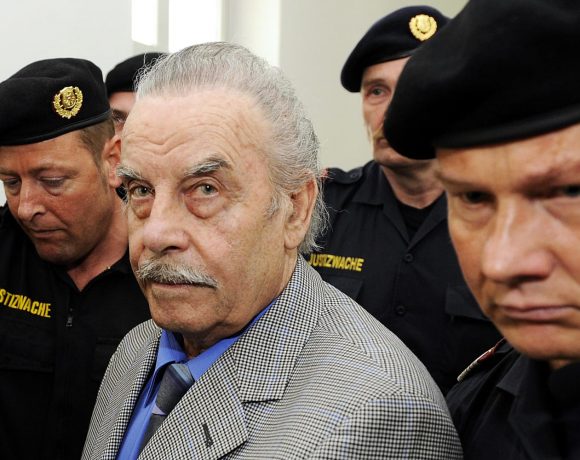
Paris Saint-Germain has been ordered by a French court to pay former striker Kylian Mbappe €60 million (£52.5m) in unpaid salary and bonuses. The ruling stems from a long-running contract dispute, with Mbappe initially seeking €263 million in damages while PSG counter-sued for €240 million. The court recognised that PSG failed to pay three months of his salary between April and June 2024, as well as an ethics and signing bonus.
Mbappe, who joined Real Madrid on a free transfer after seven seasons at PSG, had claimed ill-treatment and sought to legally modify his contract to an open-ended deal. The awarded sum primarily consists of bonuses rather than base salary, including the third instalment of his signing-on bonus and paid leave allowance. PSG will comply with the ruling, while retaining the option to appeal.
During his time at PSG from 2017 to 2024, Mbappe became the club’s all-time leading scorer with 256 goals in 308 appearances, winning 15 trophies. The dispute arose after Mbappe declined a move to the Saudi Pro League and refused a contract extension, leading to a protracted legal battle. PSG has expressed its intent to move forward, focusing on collective success and the club’s ongoing achievements without the forward.
Pic courtesy: google/ images are subject to copyright



